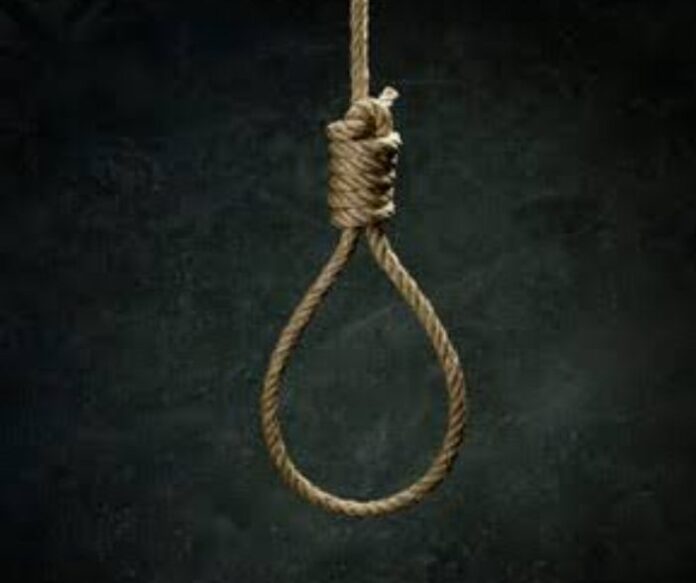Suicide, a deeply tragic and complex act elicits varied responses across cultures.
In many societies, cultural, religious and social beliefs strongly influence how communities react to and deal with death by suicide.
In many African communities, suicide is considered an abomination and elaborate rituals are conducted to cleanse the living and ensure that the ‘bad omen’ does not recur.
Among the Bukusu, those who died by hunging themselves would be thoroughly whipped until tears rolled down their cheeks.
The same ritual happens amongst the Luo community, where the body would be whipped before the letting the body loose.
This was to prevent the spirit from coming back to haunt the living.
According to Reuben Misiko, a Bukusu elder, a group of ten people from a different clan would be paid handsomely to do the whipping and burial.
He adds that the deceased would be buried at midnight when everyone else was asleep.
This, he says , is to prevent the spirit of the deceased from coming back to haunt the family members. Not one member of the family would know where the body was buried.
Among the Wanga of Mumias, when one dies by suicide, whoever finds the body is not allowed to go to his/her home until the family pays, usually a cow and a sheep.
The sheep is however slaughtered at night before burial and the abuse used for cleansing.
A piece of the rope that the deceased used to hung him/ herself is given to the person who discovered the body.
All these rituals are believed to prevent the bad omen from recurring.
When one died by drowning, the family and friends would camp at the river banks until the body was found.
They would beg him/her to show themselves, singing traditional songs while at it.
If they didn’t, it is believed that the deceased would be angry and hide from the divers, frustrating the attempts to recover the body.
In the olden days the body would be buried at the river banks.
Nowadays rituals of slaughtering animals and eating the roasted meat are done before taking the body home for burial.
While African communities enjoy naming children after community heroes or the old in the society, those who died by suicide would never enjoy the privilege of having children named after them.
It is believed the children named after them would one day die by suicide too.
Different cultures deal with issues of death differently according to their customs and beliefs.
Suicide is regarded as a taboo subject surrounded by stigma and shame.
The act of taking one’s own life is seen as a dishonourable and sinful act which sometimes affects how the deceased is treated in death.

